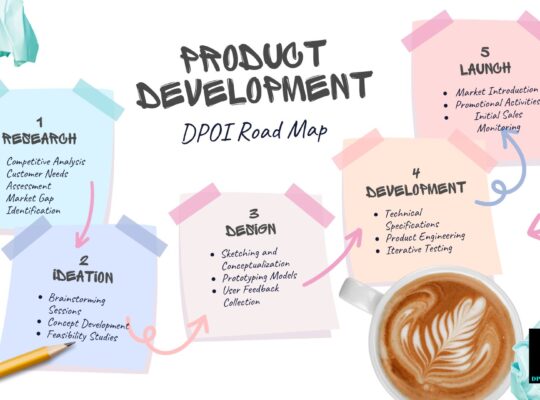
The New York State Attorney General has launched a groundbreaking lawsuit against PepsiCo, alleging the company’s single-use plastic products contribute to excessive pollution and jeopardize public health. Filed in Erie County, this pioneering legal action aims to hold the major plastics producer accountable, seeking not only environmental cleanup but also damages compensation.

This lawsuit stands out as one of the first in the nation to target a plastics giant, and its core demand is that PepsiCo contributes to addressing contamination issues linked to its products in Buffalo River and the surrounding region. Additionally, the suit calls for an injunction preventing the sale of PepsiCo’s single-use plastics unless accompanied by explicit warnings detailing the potential environmental and health risks. Attorney General Letitia James emphasized that every New Yorker has a fundamental right to clean water.
Judith Enck, president of the advocacy group Beyond Plastics, characterizes the lawsuit as a classic case of “polluter pays.” The data from Buffalo Niagara Waterkeeper (BNW) reveals that a significant portion of the plastic waste (about 78%) between 2013 and 2022 was attributable to PepsiCo products. In 2022 alone, 17% of the plastic litter collected by BNW was allegedly linked to PepsiCo.

The lawsuit also points to national data from Break Free From Plastic, suggesting PepsiCo as a primary contributor to plastic pollution between 2018 and 2022. PepsiCo, headquartered in New York State’s Westchester County, manufactures a broad spectrum of beverage and snack brands, the majority of which utilize single-use plastic packaging.

Responding to the impending legal action, PepsiCo’s spokesperson, Andrea Foote, underscores the company’s commitment to plastic reduction and effective recycling. However, the lawsuit alleges that over the past four years, PepsiCo misled the public regarding the efficacy of its plastic recycling and efforts to combat plastic pollution.
Furthermore, the lawsuit accuses PepsiCo of neglecting to warn consumers about potential health risks associated with its packaging, including the presence of microplastics. Ingesting microplastics, according to the Attorney General’s office, can lead to adverse health effects, such as reproductive dysfunction, intestinal inflammation, and neurotoxic effects.

Microplastics have been identified in Buffalo’s water supply and in local fish species consumed as food. BNW Executive Director Jill Jedlicka commended the Attorney General’s Office for holding producers accountable for environmental impact and waterway pollution.

In response, Foote emphasized that addressing this complex issue requires collaboration among various stakeholders, including businesses, municipalities, waste reduction providers, community leaders, and consumers. PepsiCo claims to have engaged in partnerships and initiatives to improve recycling infrastructure and raise consumer awareness about the importance of recycling in addressing this multifaceted challenge.





